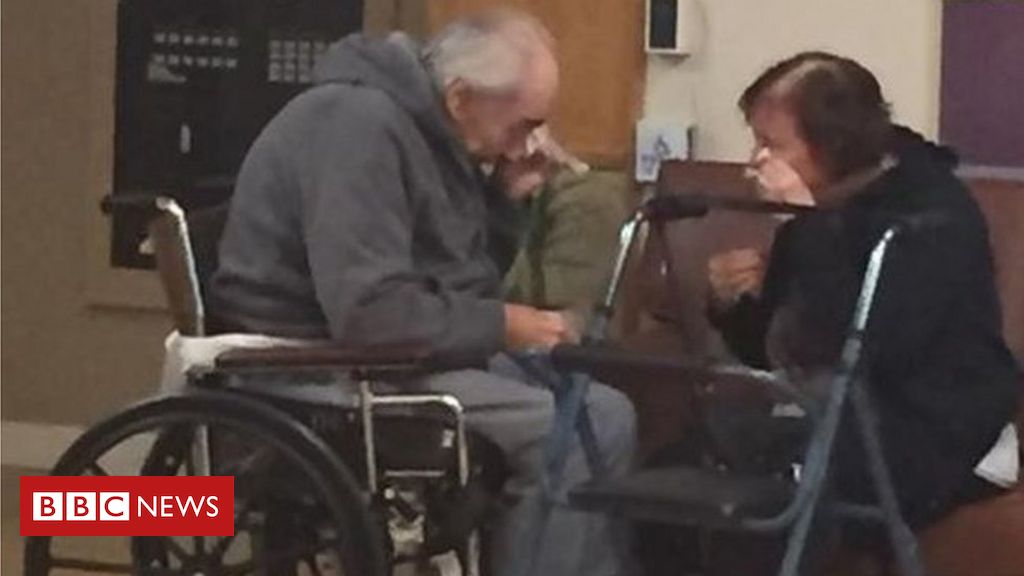O Israelita Albert Einstein Hospital brings to Brazil an adaptation of the internship in biodesign from Stanford University, USA. O graduate courses Lato sensu It is multidisciplinary in nature and seeks to unite knowledge from fields such as medicine, engineering and computer science to generate new health innovation projects. Einstein’s structure will be combined with the experience already accumulated by Stanford, which will assign professors to the course and support its development and management.
The grant adds to other recent hospital initiatives aimed at health innovation, such as a big data platform to help the Ministry of Health assess and oversee the operation of public health units and the use of transferred federal resources; and a BRL 100 million fund to invest in startups in the sector.
“The goal [da fellowship] is to train leaders, people who can apply this knowledge of health innovation, either through a startup or also by leading the innovation process within organizations. We hope that at the end of the program, they will be able to lead initiatives within the different segments of health: digital services, medical equipment, hospitals or others”, explains Rodrigo Demarch, executive director of Innovation at Einstein. .
Demarch was even a student of original course in biodesign and innovation at Stanford. A few years later, he brings the initiative, which has already been implemented in countries like Singapore and Japan, to its first application in Latin America.
The Stanford Course
The biodesign initiative at Stanford University was started by Josh Makower and Paul Yock in 2000, with the establishment of the Byers Center for Biodesign at Stanford and the methodology of what has been called the biodesign process.
“They understood that it was necessary to follow certain processes to innovate in health and generate improvements for people, and not just to have ideas. It’s like an application of design thinking to healthcare,” says Demarch.
At Stanford, some of the innovations achieved in just over 20 years of scholarship were, depending on the university, “a treatment for prostate disease without devastating side effects; a faster, more accurate way to diagnose cardiac arrhythmias; and a device that helps women who take birth control pills avoid forgetting to take their pills.
Einstein hopes that equally important solutions can be created here. “We know that professionals who know innovation processes are increasingly important for organizations, and for this it is necessary to have properly trained people,” explains Dermarch.
The internship in Brazil
The “Biodesign Fellowship – Innovation in Health” will be held between April and November of this year, with a load of 700 hours divided into 20 hours/week.
The course is recommended by Einstein for medical specialists, engineers, data scientists, designers, administrators, and other healthcare professionals who have at least three years of work experience in their respective fields.
Registration is open until January 30, in the amount of R$700, and those selected will receive a monthly grant of R$3,000 to be able to dedicate themselves adequately to the activities. According to Demarch, 8 fellows will be selected, divided into two multidisciplinary teams, who will work together throughout the course.
- Einstein announces BRL 1.2 billion investment in new cancer hospital in MS
- Einstein relies on 5G, artificial intelligence and the metaverse to bring doctor and patient closer
The activities will take place almost all face-to-face, at the Albert Einstein Unit in the Morumbi district of São Paulo. There will also be immersions in public hospitals in the region, prototyping activities in the Einstein laboratory and internships in spaces that will be made available by the hospital.
Do you want to discover the exclusive content of Época NEGÓCIOS? to have access to digital version

“Typical thinker. Unapologetic alcoholaholic. Internet fanatic. Pop culture advocate. Tv junkie.”

:strip_icc()/i.s3.glbimg.com/v1/AUTH_e536e40f1baf4c1a8bf1ed12d20577fd/internal_photos/bs/2022/S/H/AcE3UcRlu85l3sPJaVEw/20190205113752331212i.jpg)
:strip_icc()/i.s3.glbimg.com/v1/AUTH_da025474c0c44edd99332dddb09cabe8/internal_photos/bs/2023/D/n/i7eIkcQsAB0YgsWKDQMw/whatsapp-image-2023-03-08-at-10.48.49.jpeg)




:strip_icc()/i.s3.glbimg.com/v1/AUTH_63b422c2caee4269b8b34177e8876b93/internal_photos/bs/2021/T/V/IFkavRRSSjHCBPZfqVXw/ap21313490536644.jpg)